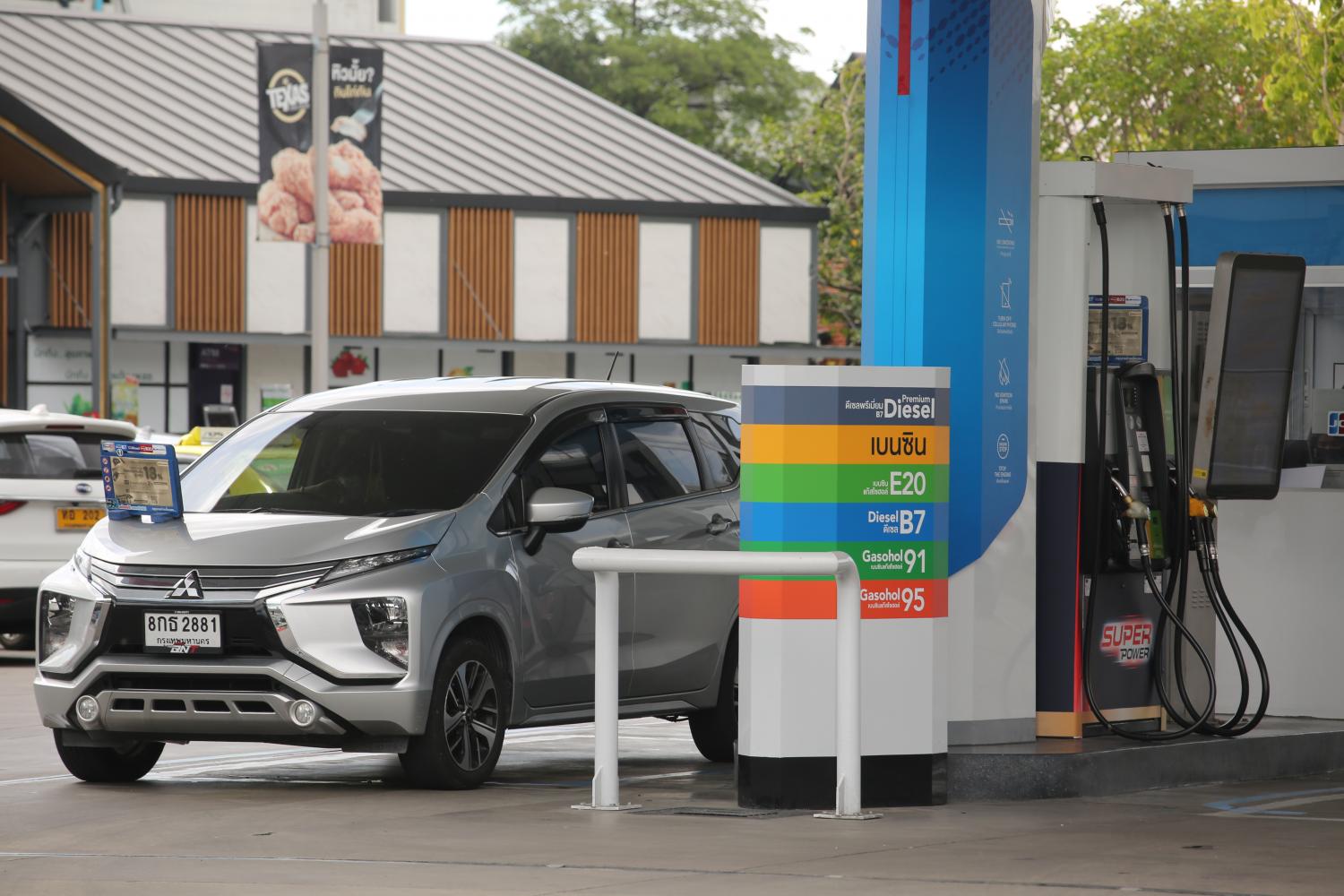
Finance Minister Arkhom Termpittayapaisith has refused to take a stance on whether the diesel excise tax cut needs to be extended, saying it depends on global oil prices.
The cabinet of outgoing Prime Minister Prayut Chan-o-cha extended the excise tax cut on diesel of 5 baht per litre until July 20 to help ease the cost of living.
"When that day arrives, let's discuss the issue again as the global oil price is now falling," said Mr Arkhom.
The measure contributes to decreased consumer prices, especially for fuel and transport costs. However, other factors must be considered including global oil prices and the state Oil Fuel Fund, which has a loan framework to enhance the liquidity of the fund, he said.
Mr Arkhom said the status of the Oil Fuel Fund has improved as global crude oil prices drop, in parallel with the ministry's excise tax cut. However, if global oil prices continue to decline, the ministry may have to reconsider extending the excise tax cut, he said.
It is questionable whether an interim government could extend tax cut measures, said Mr Arkhom.
"If it concerns budget approval or the appointment of government officials, which are tied to a new government, this may require the approval of the Election Commission of Thailand," he said.
Mr Arkhom referred to the World Bank report "Thailand Public Revenue and Spending Assessment", which stated that Thailand's fiscal policy before the pandemic was considered prudent, allowing the Thai economy to expand.
During the pandemic, the government issued two emergency loan decrees to borrow 1.5 trillion baht, aiming to mitigate the impact of the pandemic on the country. It is estimated the Thai economy would have contracted by more than 6% in 2020 without the government's help.
Thailand is poised to achieve a relatively quick economic recovery from the pandemic compared with other countries. Government revenue increased last year from the 2020-2021 pandemic period as the country reopened and tourism rebounded.

A car refuels at a petrol station. Mr Arkhom said that the current state of the Oil Fuel Fund status has improved as global crude oil prices dropped together with the ministry's excise tax cut. Pornprom Satrabhaya
According to the World Bank report, there is room to improve the efficiency of public spending on social assistance, health and education. Social assistance should be better targeted to vulnerable groups instead of a one-size-fits-all approach, said the global lender.
For health, the government should focus on preventive measures because future pandemics cannot be predicted, according to the report.
In terms of education, upskilling and reskilling are needed to ensure a quality workforce that meets industry demand in the digital age.
Increased spending in these areas has the potential to improve equity and boost human capital, said the World Bank.
Significant investments in climate change adaptation are also required to mitigate the costs associated with frequent natural disasters.